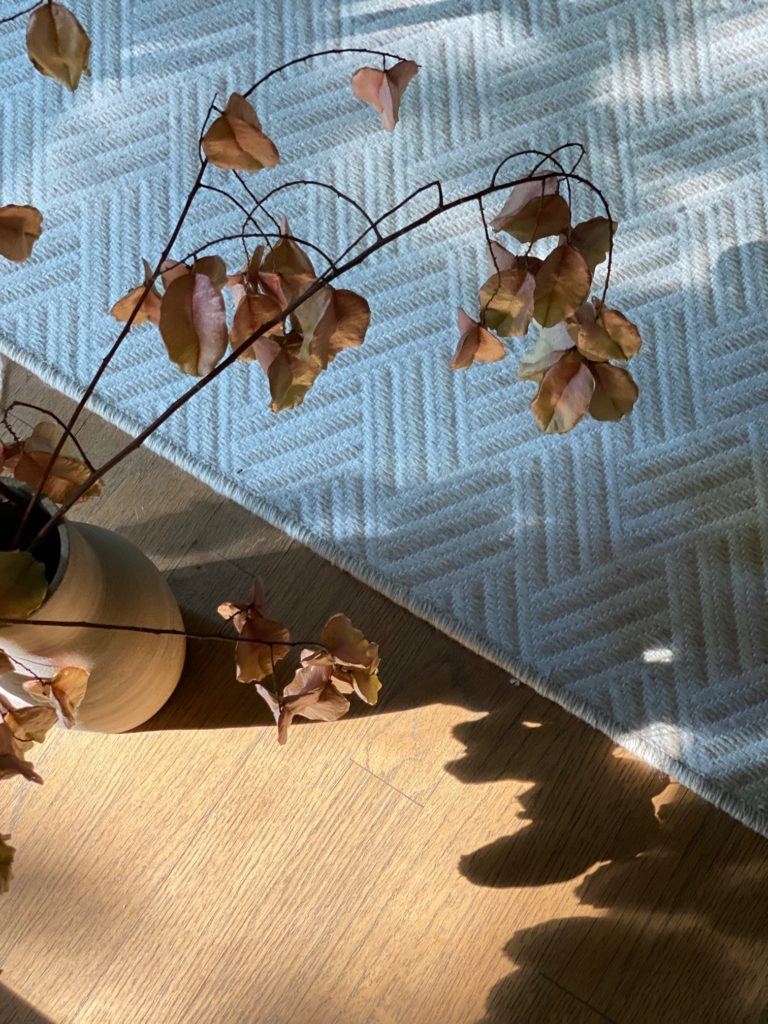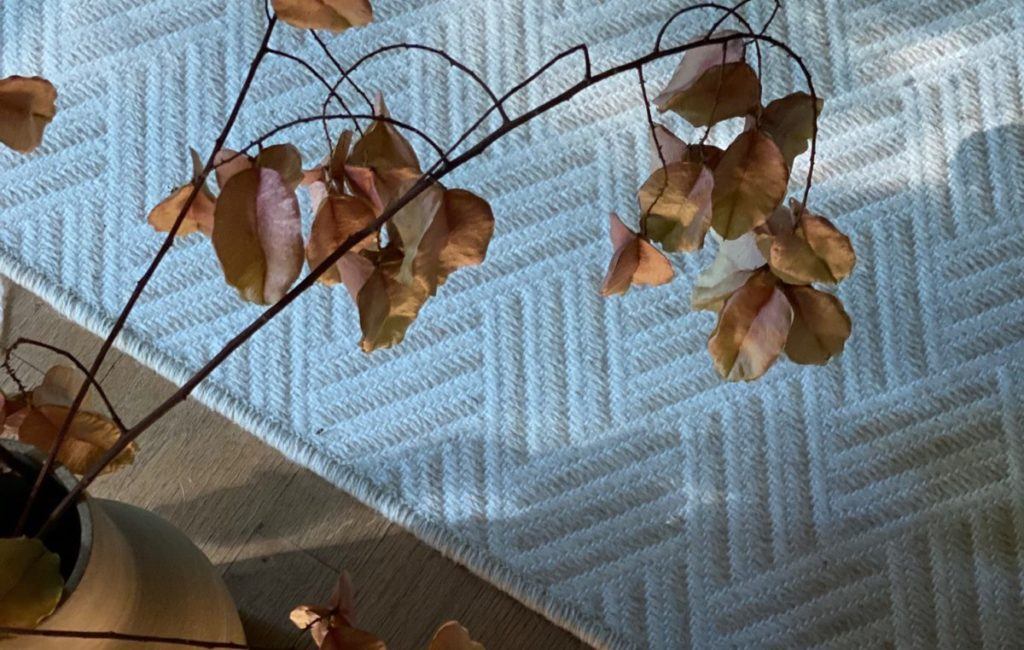The Natural Sustainability of Wool
It begins with wool, the most natural and sustainable carpet fiber.
- Wool is renewable. Sheep grow their fleece continually which is shorn each year for making wool yarn.
- Wool contains natural properties that improve indoor air quality.
- Wool is non-allergenic.
- No chemical treatments are required
- Wool offers inherent humidity control and thermal insulation, reducing the amount of energy needed from fossil fuel.
- Wool is biodegradable into nutrients that improve soil fertility.
- Wool maintains its beauty, increasing carpet longevity.
Commitment
Kaya Carpets is committed to discovering the most effective and least wasteful methods of manufacturing. The intention to minimize environmental impact is at the forefront of every step in the manufacturing process.
Reduce
- Kaya Carpets reduces waste in manufacturing through material reuse, smart engineering and by strategically refurbishing or recycling equipment and material beyond its normal life cycle.
- The dye process has cut water usage by 25%, with a new high-efficiency boiler
- Yarn processing has cut waste with new calibration and winding systems
Reuse
- Craftsmen at Kaya Carpets revitalize repurposed machinery for tufting and finishing.
- Internal reuse of boxes, tubes and paper products
Recycle
- At the end of its useful life, wool can be returned to the earth, where it will easily biodegrade into soil nutrients. Even in a landfill, wool will decompose naturally.
- Scrap yarn from production and product development is tufted into new carpet products for consumer use.
- Scrap metal from machinery repairs and obsolete fixtures are recycled
- All fibrous post-processing waste (wood, paper, cardboard, etc.) is collected, sorted and sold to local recycling companies


